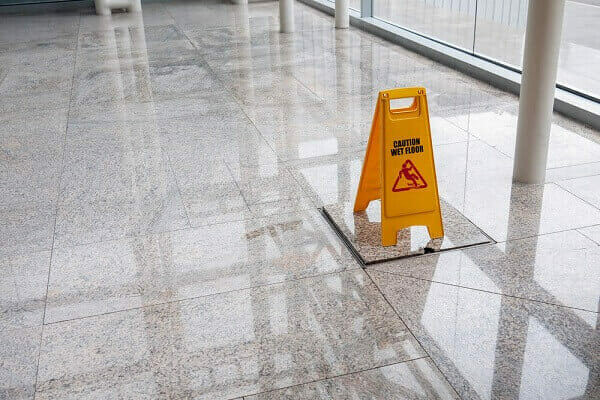Lemon Law Claim vs. Fraud
 September 15, 2017
September 15, 2017- Categories: Lemon Law

Lemon laws provide consumers a path toward compensation if they purchase a car that doesn’t meet expected standards of performance and quality. If you find yourself in this situation, consider consulting a trusted lemon law lawyer for guidance. A car that repeatedly winds up in the shop but remains plagued with problems may be a candidate for a Lemon Law case. California’s Lemon Law is one of the strongest in the nation. For consumers, it is a vital tool–it essentially backs the warranty of the vehicle you purchased and gives a path toward some form of compensation.
If you buy a defective or faulty vehicle, you may have a potential claim against the manufacturer. However, as you begin the process of filing your claim, it is important that you or your defective vehicle lawyer makes an important distinction. One thing many consumers may not realize is the difference between a car company’s being negligent and being fraudulent. We’ve put together a bit of information about the difference between them so you can get a clearer picture of what your complaint may be.
Negligence
Negligence is the failure to take a reasonable level of care when performing a task or service. In the context of a faulty vehicle, a manufacturer would be negligent if they make a defective vehicle. If such negligence leads to an accident involving a pedestrian, consulting with a pedestrian accident lawyer might be advisable. Negligence implies carelessness, not necessarily willful deceit.
Fraud
Fraud, on the other hand implies that someone intentionally lied about something. This would be a more appropriate term if the manufacturer knowingly tried to pass off a bad vehicle as good. For a claim of fraud to be successful, it must be proven, which means there will be evidence that the company falsified information about the vehicle.
So, What’s the Difference?
Fraud is nearly always more serious than negligence since it occurs when the offender intended to misrepresent your vehicle when it was sold. Fraud happens in a Lemon Law case only if a manufacturer intentionally and purposely misrepresented its product. In most cases, a Lemon Law case is due to negligence–the manufacturer intended to offer a quality product, but due to an oversight or mistake in the manufacturing process, the vehicle is defective in some way.
Manufacturers have an obligation to provide a safe product to consumers. Whether they fall short of that responsibility because of fraud or negligence, they still owe the consumer compensation if their product fails to live up to reasonable standards. It’s not a requirement that someone filing a claim know whether a vehicle’s problems are due to carelessness or to willful deceit. It’s most important that the consumer is repaid or given a replacement for their purchase, and that’s what California’s Lemon Law offers car buyers.
Regardless of whether you suspect negligence or fraud, the most important thing to do when you are faced with a potential Lemon Law case is to work with a lawyer who is experienced in handling these types of cases, ideally one with strong Lemon Law firm expertise. The attorneys at Neale & Fhima have years of experience working on cases dealing with California’s Lemon Law. If you have questions or think you may have a claim, reach out to us today.

 Aaron Fhima is a trial attorney who has secured numerous settlements and verdicts against large corporations and some of the largest auto manufacturers in the world. Representing consumers and injury victims throughout the state of California, Aaron’s practice areas include personal injury, and lemon law litigation. Aaron has a long record of success taking on large defense firms; and he doesn’t hesitate to take cases to trial when necessary to enforce his clients’ rights. [
Aaron Fhima is a trial attorney who has secured numerous settlements and verdicts against large corporations and some of the largest auto manufacturers in the world. Representing consumers and injury victims throughout the state of California, Aaron’s practice areas include personal injury, and lemon law litigation. Aaron has a long record of success taking on large defense firms; and he doesn’t hesitate to take cases to trial when necessary to enforce his clients’ rights. [ 



